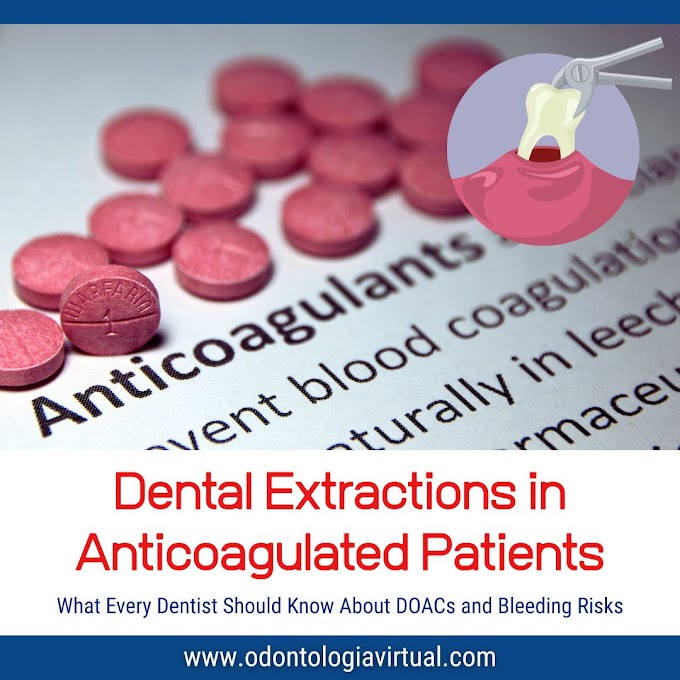It plays a central role in energy production, DNA repair, oxidative stress response, and cellular longevity.
In recent years, NAD⁺ has emerged as a key player in oral health due to its role in regulating inflammation, immunity, and tissue regeneration—critical processes in periodontal disease prevention and management.
How NAD⁺ impacts periodontal health
Recent scientific research suggests that declining NAD⁺ levels—especially in aging individuals and those with periodontal infections—may accelerate inflammation and bone destruction in the oral cavity.
🔹 In animal models infected with Porphyromonas gingivalis and Aggregatibacter actinomycetemcomitans, the enzyme CD38, which breaks down NAD⁺, was found to be overexpressed.
This led to NAD⁺ depletion and elevated inflammatory cytokines (IL-1β, IL-6, TNF-α). Remarkably, inhibiting CD38 with a compound called 78c restored NAD⁺ levels and reduced inflammation and oxidative stress in gingival tissues.
🔹 In human gingival fibroblasts, the NAMPT–NAD⁺–SIRT1 axis is upregulated in inflamed periodontal tissues.
This leads to increased expression of pro-inflammatory mediators like COX-2 and matrix metalloproteinases (MMP-1 and MMP-3), which contribute to soft and hard tissue destruction.
Inhibiting this pathway in animal models significantly reduced inflammation and alveolar bone loss.
Sirtuins and regenerative potential in periodontal tissues
Sirtuins are a family of NAD⁺-dependent enzymes involved in mitochondrial function, oxidative stress control, and tissue longevity. In the context of oral health:
✔ SIRT1 activation improves antioxidant responses and helps regulate inflammation in periodontal cells.
✔ SIRT3 deficiency has been linked to accelerated periodontal breakdown in aging mice, highlighting its importance in maintaining mitochondrial and tissue health.
By enhancing NAD⁺ availability, the activity of these protective enzymes may be boosted, offering new therapeutic strategies for periodontal disease.
► HYPERTHYROIDISM: Dental Management and Oral Manifestations - A clinical approach for oral health professionals
NAD⁺ precursors: NMN and NR as potential supplements
Two of the most studied NAD⁺ precursors are:
✔ NMN (Nicotinamide Mononucleotide)
✔ NR (Nicotinamide Riboside)
These compounds have been shown in multiple human clinical trials to safely and significantly increase NAD⁺ levels, with beneficial effects on systemic inflammation, oxidative stress, and cellular energy.
While direct studies in the oral cavity are still limited, their systemic anti-aging and anti-inflammatory properties offer strong potential for oral health applications.
Conclusion
NAD⁺ is not just a metabolic molecule—it’s a central regulator of immune response, inflammation, tissue regeneration, and bone metabolism in the oral cavity.
As the science evolves, targeting NAD⁺ metabolism may become a powerful adjunctive strategy in the prevention and treatment of periodontal disease, particularly in aging populations and those with chronic inflammation.













